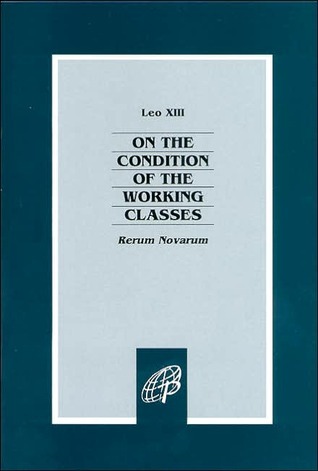What do you think?
Rate this book


56 pages, Paperback
First published May 15, 1891
Si stabilisca dunque in primo luogo questo principio, che si deve sopportare la condizione propria dell'umanità: togliere dal mondo le disparità sociali, è cosa impossibile. Lo tentano, è vero, i socialisti, ma ogni tentativo contro la natura delle cose riesce inutile. Poiché la più grande varietà esiste per natura tra gli uomini: non tutti posseggono lo stesso ingegno, la stessa solerzia, non la sanità, non le forze in pari grado: e da queste inevitabili differenze nasce di necessità la differenza del- le condizioni sociali. E ciò torna a vantaggio sia dei privati che del civile consorzio, perché la vita sociale abbisogna di attitudini varie e di uffici diversi, e l'impulso principale, che muove gli uomini ad esercitare tali uffici è la disparità di stato.